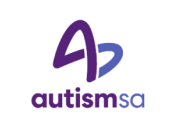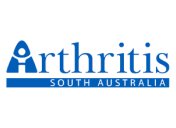













If you would like to find out more about any of our services at Adelaide Active, please phone us on 08 7089 6666 or complete the form.
Mon - Fri: 6AM - 10AM
Sat & Sun 8.30AM - 12PM
111A Welland Avenue, Welland
(08) 7089 6666
[email protected]

Adelaide Active Rehab & Therapy acknowledges the traditional owners and custodians of country throughout Australia and acknowledges their continuing connection to land, sea and community. We pay our respects to the people, the cultures and the elders past, present and emerging.Adelaide Active is founded on inclusion and the belief that everyone is welcome. All diversity is celebrated, encouraged, represented and supported in our staff, our clients and our communities.